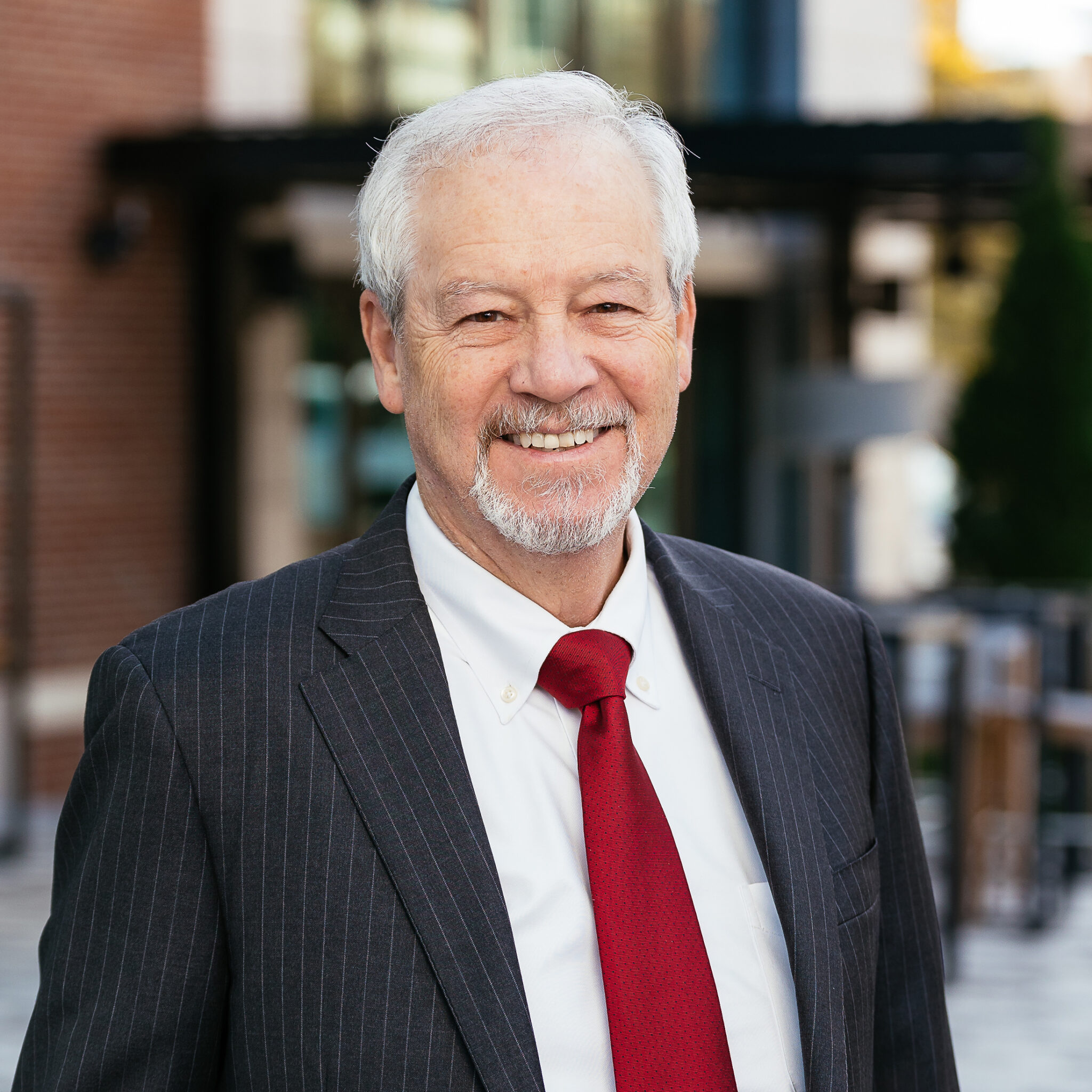The intellectual strength of our individual attorneys brings value to every aspect of our practice, but it can be particularly important when a transaction or lawsuit involves unusual legal issues. In that situation, it does not make sense, and is not economical, to hire an ordinary law firm. You want the most able and creative attorneys available. In South Carolina, that is Wyche.
There are few law firms in the country that match our intellectual firepower. Our lawyers include former law clerks to the following: Justices of the United States Supreme Court, judges of federal courts of appeals, federal district court judges, and judges of the South Carolina Supreme Court and Court of Appeals. Our lawyers attended the nation’s premier law schools where many served on law reviews. Many of our attorneys were inducted into Phi Beta Kappa in college and the Order of the Coif in law school. A number of us have written articles for publication in law reviews and other scholarly journals. We have two members of the prestigious American Law Institute. One of our lawyers was a Rhodes Scholar.
Some examples of our work in transactions or disputes presenting novel questions of law include the following:
- Our team, led by Henry Parr and Eric Amstutz successfully invalidated a South Carolina tax law that taxed out-of-state residents working in South Carolina more heavily than South Carolina residents and sought our attorneys fee under the federal civil rights statutes in Spencer v. South Carolina Tax Commission 281 S.C. 492, 316 S.E. 2d 386 (1984), aff’d by an equally divided court, 471 U.S. 82 (1985).
- We sought and obtained certiorari – and an 8–1 reversal – from the U.S. Supreme Court on behalf of our client, the shareholder of a corporation that had a judgment imposed on it in an earlier federal case. (Our client was held not to be personally liable in that earlier suit.) The lower federal courts took jurisdiction over an attempt by the plaintiff to force our client to pay the judgment on behalf of the liable corporation, on the basis of his status as a shareholder. Wyche lawyers persuaded the Supreme Court that there is no ancillary federal jurisdiction over a suit filed to collect a federal judgment from a party other than the judgment debtor. In a decision widely recognized as resolving novel issues of major importance affecting the scope of jurisdiction of Federal Courts under Article III of the Constitution, the Court vacated the judgment against our client and ordered dismissal of the suit. As a not insignificant footnote, we would add that we prevailed for our client when the case was refiled in state court, and that this judgment in his favor was upheld on appeal.
- We created a unique financing structure by which a real estate developer client raised money to purchase undeveloped real property in the mountains of Western North Carolina, which he planned to develop into an upscale residential community. Wyche attorneys drafted “investment contracts” that our client sold to investors for $100,000 each in a private placement of securities pursuant to Rule 506 of the Securities Act of 1933, as amended. Pursuant to the investment contracts, our client granted to each investor the right to acquire a lot in the community after our client completed the infrastructure for the community. However, if our client did not complete the infrastructure within a certain timeframe, the investors had the right to receive back their original investment plus a stated return on it. In connection with the offering of investment contracts, Wyche also assisted our client in drafting a private placement disclosure memorandum and completing federal and state securities filings required under Rule 506 and state blue sky law.
- Wallace Lightsey represented the prevailing party in the case in which the South Carolina Supreme Court upheld the constitutionality of the state’s standards for punitive damages and set forth the criteria for post-verdict review of punitive damages awards.
- Ted Gentry represented an executive who had been denied a cash-out of his stock options that was promised in his employment contract as part of his severance. In a matter of first impression, we successfully argued that the denied payment constituted wages, and we obtained a seven-figure award on behalf of our client.

Wallace K. Lightsey
Lead Contact
Wallace is an experienced trial and appellate attorney, with over 60 jury trials in state and federal courts throughout the Southeast, and approximately 100 bench trials, jury trials, and arbitration trials, as well as numerous appeals in the South Carolina appellate courts and the United States Courts of Appeals for the First, Fourth, Sixth, and…
